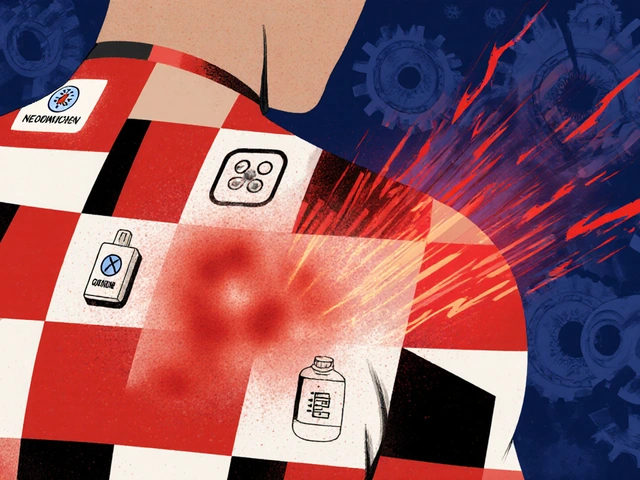Anticoagulant Comparison: Choose the Right Blood Thinner for You
If you or someone you know needs blood thinners, you’re probably wondering which anticoagulant fits best. Whether it’s for preventing strokes, treating clots, or other conditions, not all blood thinners are the same. They differ in how they work, side effects, and how you take them.
Understanding Your Options: Warfarin vs. Newer Anticoagulants
Warfarin has been the go-to anticoagulant for decades. It’s effective but tricky to manage — it requires frequent blood tests to keep the dose just right, plus there are lots of food and drug interactions to watch out for. On the other hand, newer drugs called DOACs (Direct Oral Anticoagulants) like apixaban and rivaroxaban don’t need constant monitoring and have fewer interactions, making them easier for many people.
DOACs act faster than warfarin and have more predictable effects. However, they can be more expensive and aren’t suitable for everyone, especially those with severe kidney problems. Warfarin still wins in special cases like mechanical heart valves or certain high-risk conditions.
What to Consider When Choosing an Anticoagulant
Picking a blood thinner isn’t just about the drug itself. Your lifestyle, other health problems, and how well you can keep up with monitoring all matter. For example, if you travel a lot or struggle with regular doctor visits, a DOAC that doesn’t need blood checks might be better. But if your diet is very unpredictable or you have other medications that might interact, warfarin’s established testing routine can be safer.
And don’t forget side effects — most anticoagulants increase bleeding risk, but knowing which drug and dose your doctor recommends can help balance safety and effectiveness. If you have questions about side effects or interactions, ask your healthcare provider — they can explain what fits your situation best.
In the end, comparing anticoagulants means weighing convenience, safety, cost, and how well the drug fits into your daily life. There’s no one-size-fits-all answer, but understanding these basics puts you on the right track to talk it over with your doctor and make a choice you can feel confident about.





